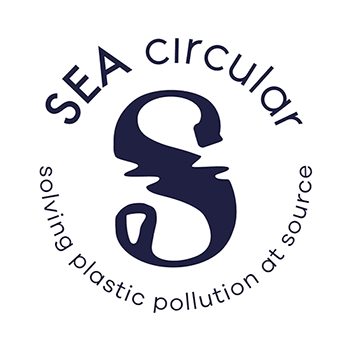
SOLUTION PARTNERS

SEA circular met Doug Woodring, Founder and Managing Director of Ocean Recovery Alliance, to discover how he blends his passions for ocean sports with entrepreneurism – to bring innovative solutions, technology, collaborations and policy together for the health of the ocean.
What motivates and inspires you to do what you do?
I am a competitive ocean athlete in swimming and outrigger canoe racing, and also organize ocean sports events. There is nothing worse than wanting to train, compete, or just recreate, with plastic pollution in the waters and coastlines that
you use for enjoyment and competition. Of course, this visual and first-hand impact is only a tiny spectrum of what the cities and communities of the world face. It is solving these challenges, like a big, complex puzzle, that actually makes
my entrepreneurial mind work. There is space for plenty of new thinking around the world to solve this problem
What was your personal journey that led you towards your work with the Ocean Recovery Alliance?
“I was pushed “over the edge” when diving on a remote reef in Palau, with no civilization for miles, yet only to find suspended plastic trash from the surface to 20m deep, in crystal clear water.”

What achievement are you most proud of in the work of the Ocean Recovery Alliance, regarding plastic pollution prevention or reduction?

What has been your biggest challenge you have faced in working to promote healthy oceans and reduce marine plastic waste in South East Asia?
What is your vision for healthy oceans in the age of plastic?
“If you think of rivers/creeks like blood vessels, going to the heart (the ocean), you can then think of plastic as cholesterol.”

What’s next for you in plastic pollution reduction?

What in your view is the single most important factor which would help to solve marine plastic pollution at source in South East Asia?
Other Solution Partners
